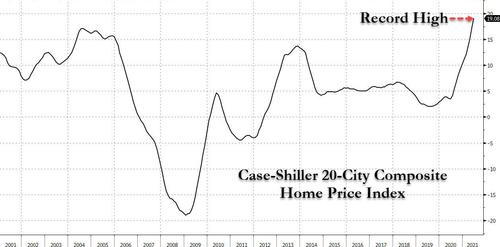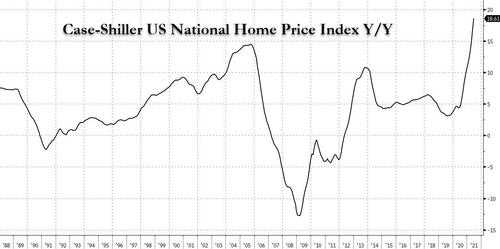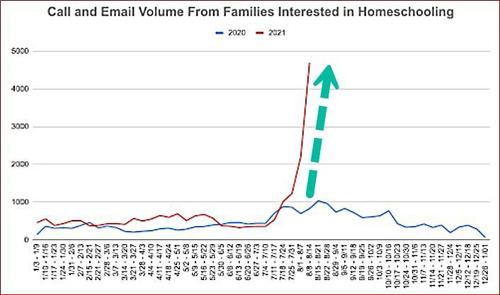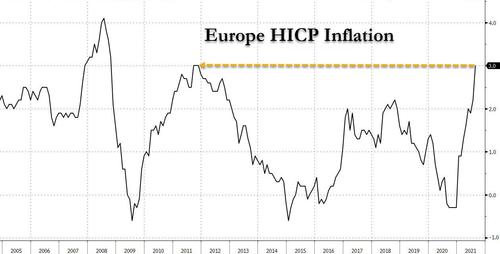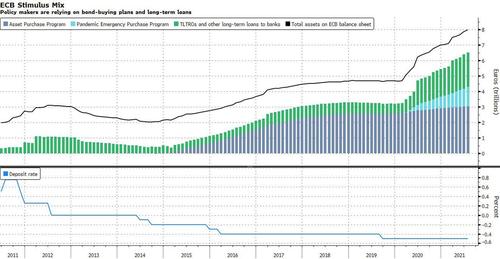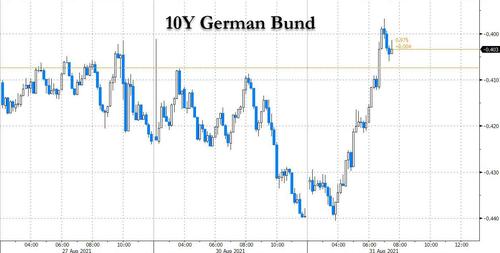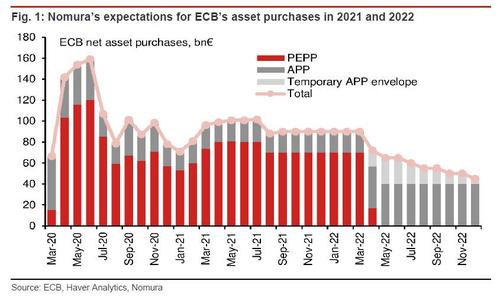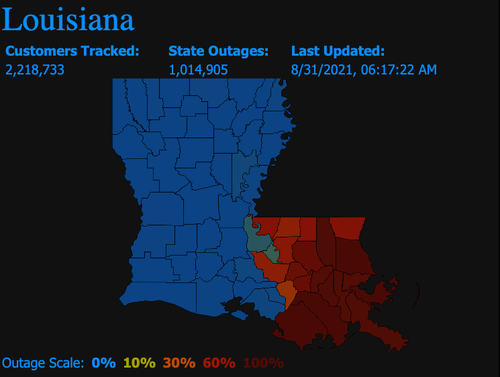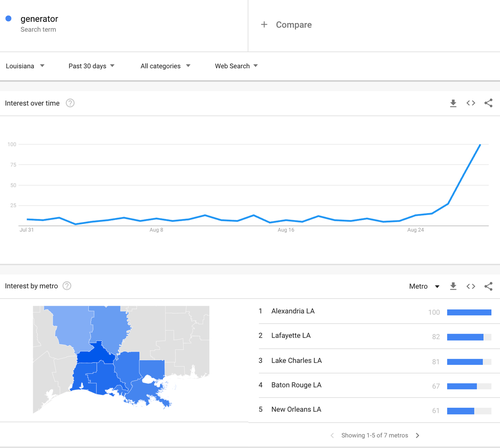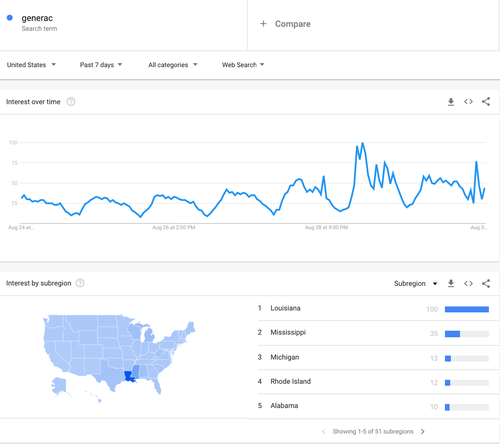Chief Justice Burger may be the least influential member of the Burger Court. In modern-day discussions about constitutional law, he barely registers. Justice Blackmun wrote Roe. Justice Powell wrote the Bakke concurrence. Justice Rehnquist led the federalism revolution. Justice Stevens led the Court’s liberal wing for decades. Justice O’Connor was the first female Justice. Indeed, the members of the Burger Court that preceded Burger–Black, Douglas, Harlan, Brennan, Stewart, White, and Marshall–still feature prominently in any study of constitutional law. The most significant Burger decision in our casebook was INS v. Chadha, and we have since removed it. Perhaps Burger has a bigger influence in Criminal Procedure. But for Constitutional Law, I spend very little time talking about Chief Justice Burger. Maybe Burger’s only modern-day relevance is his short essay about the Second Amendment in Parade Magazine.
For these reasons, I was unaware that Chief Justice Burger did not have an official biography. Tony Mauro explains why.
Shortly after Burger died in 1995, three of his law clerks met to discuss an official biography: Ken Starr, Mike Luttig, and Tim Flanigan. According to Flanigan, “no one was really interested in doing a biography of the chief justice, at least that we could find, and it came, ‘Well, should one of us do it?'” At the time, Starr was busy with the Clinton investigation, and Luttig was a busy federal judge. According to Flanigan, “They both kind of looked at me and said, ‘Well, you’re just practicing law, Tim. Why don’t you do the biography?'”
According to the New York Times, the Federalist Society “administered the financing for the project.” The benefactor was Dwight Opperman. By 2001, the Federalist Society paid more than $600,000 “for researchers, expenses and a salary for Mr. Flanigan.” That amount was equivalent to Flanigan’s salary from the New York law firm he left to work on the project. At that point, the book was apparently 2/3 complete. But “Flanigan . . . put it aside to work” as deputy White House counsel.
Two decades later, Tony Mauro reports, the book remains unfinished. According to Flanigan, he has only covered the first forty years of Burger’s life. “I’ve written about his early life, his family background. I have rough drafts about his rise in politics and civic affairs and his legal practice in Minnesota, taken up to about 1947 or so.” I eagerly await the discussion of 1948-1953, when Burger worked on the Minnesota Governor’s interracial commission. I’m not sure how this book could have been deemed 2/3 complete.
What is the cause for the delay? Flanigan, who is 67, plans to return to the project when he retires. He told Mauro, “I am very much looking forward to picking up the writing again, as soon as my current career phase is over.”
$600,000 is an obscene amount of money for a book project about a fairly non-influential Justice. My goodness. In the span of a decade, Joan Biskupic wrote four excellent biographies about significant Supreme Court justices. And, I suspect, she did not have a team of researchers who were paid that much money. Writing a book is an arduous project. You must have the commitment and passion to write, write, and write every day. And you must love the project, even when you hate it. Joan talked about her writing process in a recent SCOTUSBlog podcast. (No, I did not listen to the podcast, but I used Otter to transcribe it):
Howe: Yeah, so you’ve written four books. And that is a lot for somebody with a full time job, even with, you know, even with book leaves, it’s still a lot, because I’m sure you were working on the books, even on both sides of the book leaves.
Biskupic: You know, you’re right, and probably what at first of all, I’ve always had a very high energy level, and, you know, going to law school at night, gets you into a mindset of your day becomes just a long day, you come home, you make dinner, you eat with your family, then you go up to this very crowded room of books and papers and everything else and have at it. And then you do it on weekends. And I actually enjoyed it so much. And that’s the thing I say to people, when people ask about going to law school, or they ask about writing a book, and I said it, it will always be hanging over your head. So you really have to love doing it.
I second everything Joan said. She is a tenacious reporter and a committed author. It is no surprise she puts out so many high-quality biographies. Flanigan is obviously not up to the task. It is impossible to start a book, stop for twenty years–the length of the entire Afghanistan campaign–and complete the project. There are many articles I start and stop. After about six months, I have to abandon the project altogether. It is no longer in my mind. I have many, many half-written, half-baked articles that will never see the light of day. If only someone paid me $600,000 to write them!
Tony’s piece also sheds light on Burger’s decision to restrict his papers for “10 years after the last Justice who served with Warren E. Burger on the Supreme Court has passed away, or 2026, whichever comes later.” It will be later. Justice Sandra Day O’Connor is still alive. At the earliest, the papers will not be open till 2031. At present, only one person has access to the papers. You guessed it. Tim Flanigan. And he hasn’t looked at them in a decade! Oh, and the William and Mary law library spent $6 million to house Burger’s papers. What a staggering amount of money for documents very few people will ever visit Williamsburg to read. Is there anything in the Burger papers that are not in the Blackmun and Marshall papers?
I doubt the New Hampshire Historical Society will spend nearly that amount on Justice Souter’s papers, which will become available 50 years after his death! When those papers are finally available–circa 2090 or so–I may be one of the few attorneys who lived through Souter’s service on the Supreme Court. (He stepped down after I graduated law school in 2009, but before I got my bar results). At that point, perhaps Gerard Magliocca’s granddaughter will write a biography about an obscure and forgotten justice.
You may discern a bit of anger in this post. Indeed. So much time and effort was wasted because none of Burger’s clerks actually wanted to write the book. They could have contracted with an actual author to complete the project. But instead, Flanigan drew the short straw and blew through $600,000 with nothing to show for it. That money could have been used for so many more worthwhile causes.
The Federalist Society should try to claw back whatever money it paid Flanigan.
from Latest – Reason.com https://ift.tt/3jxTErQ
via IFTTT
